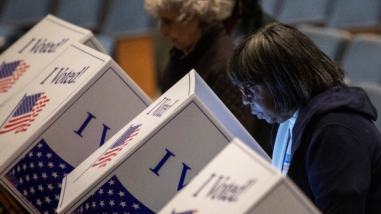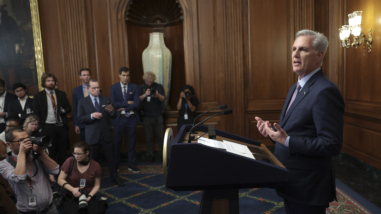Massachusetts Institute of Technology
For Impact Evaluations Of Programs To Improve Governance In Developing Countries
-
Amount$2,000,000
-
Program
-
Date Awarded3/22/2011
-
Term36 Months
-
Type of SupportProject
About the Grantee
Grantee Website
www.mit.edu



